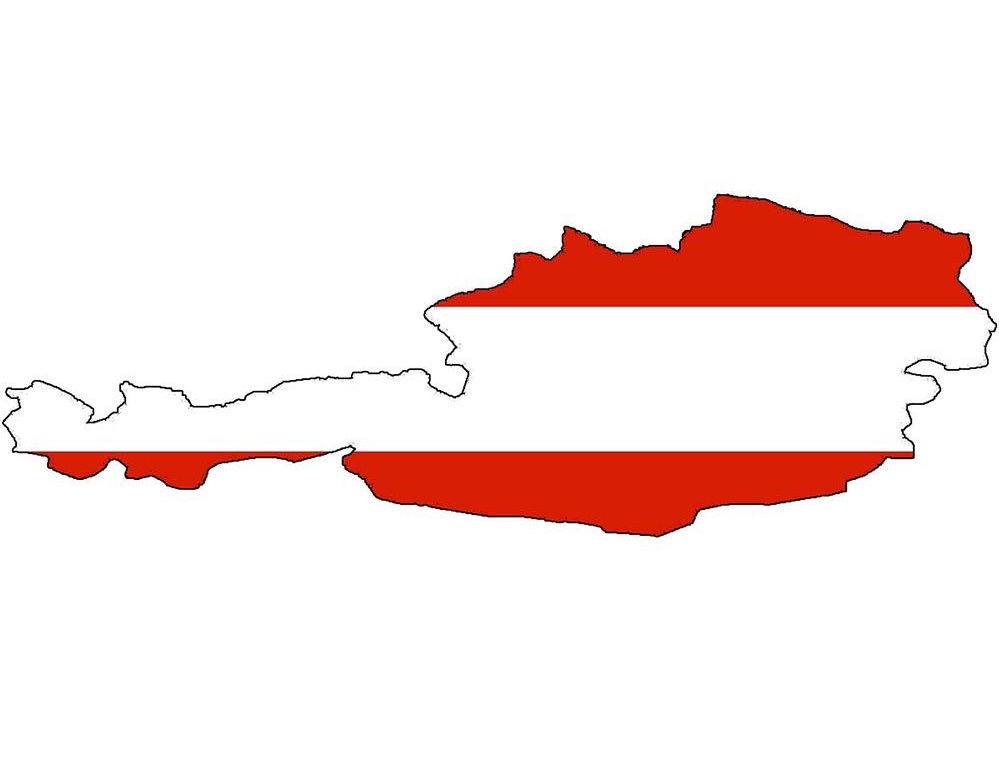
Shia-Sunni Ecumenism in Austria

Up to now there are three Muslim communities in Austria: (a) Islamic Faith Community (Islamische Glaubengemeinschaft in Österreich (IGGiÖ) which comprises of Sunnis and Iranian Shias), (b) Alevi Faith Community (Alewitische Glaubengemeinschaft in Österreich), (c) Shia Denomination Community (Schitische Bekenntnisgemeinschaft, which comprises of Iraq Shias).
Nowadays the ‘Islamic Faith Community in Austria’ (Islamische Glaubengemeinschaft in Österreich, IGGiÖ) enjoys the position of public corporation as legally recognized faith community. This community belongs to the fourteen faith communities which are recognized by the Federal Government of Austria. Moreover, the Shia-Sunni ecumenism in Austria can be observed to some extent from the existence of the ‘Muslim Teachers Training College’ (Islamiche Religionspädagogische Akademie, IRPA). The curriculum in this institution also concerns with Shiism, although the courses on Shiism are fewer than those of Sunnism. In Austria, it is necessary to teach Shia fiqh (Islamic jurisprudence) since the Austrian Muslims are composed of many groups, Sunni and Shias and the like and teaching Shia fiqh can help the Shia-Sunni ecumenism get far easier. The Shia fiqh is taught by Mr. Waldman, who serves as the leader of Imam Ali Cultural Centre (Imam Ali Kulturzentrum) in Vienna.
Many Austrian Muslims are convinced that there is no significant problem between Sunnism and Iranian Shias who both organize themselves under the Islamic Faith Community in Austria (IGGiÖ). Both Sunnis and Shias are in the board of IGGiÖ.
Some Muslim scholars in Austria have ventured the Shia-Sunni reconciliation, which is for them important for the future of peace within the Muslim community. Most notable scholars of this group are Adnan Ibrahim (b. 1966), Hamid Kasiri (b. 1964) and Tarafa Baghajati (b. 1961). Among these three, Hamid Kasiri is the only Shia scholar, who benefitted from the traditional Shia training in Iran and the modern education in Austria. He represents the Shia scholar who actively enlightens the people through his intellectual writings pertaining to the teachings of Shiism so as to eradicate the people’s misunderstandings on Shiism.
Austrian Muslims need to firstly come to terms with the diversity within the Muslim community, most particularly between Sunnis and Shias, so as to advance a kind of inner-Islamic pluralism. This capital is indispensable and will serve as a fruitful step towards the development of authentic European Islam. The Austrian Muslims are believed to bear a dual identity: being Europeans and being Muslims. Many European governments including Austria are taking the policy of integration, in the sense that the Muslims in Europe have to integrate to European culture.
Taken from:
SUNNI-SHIA ECUMENISM IN AUSTRIA: A MODEL FOR WESTERN EUROPE?
By: Asfa Widiyanto, State Institute for Islamic Studies (IAIN) Salatiga, Indonesia